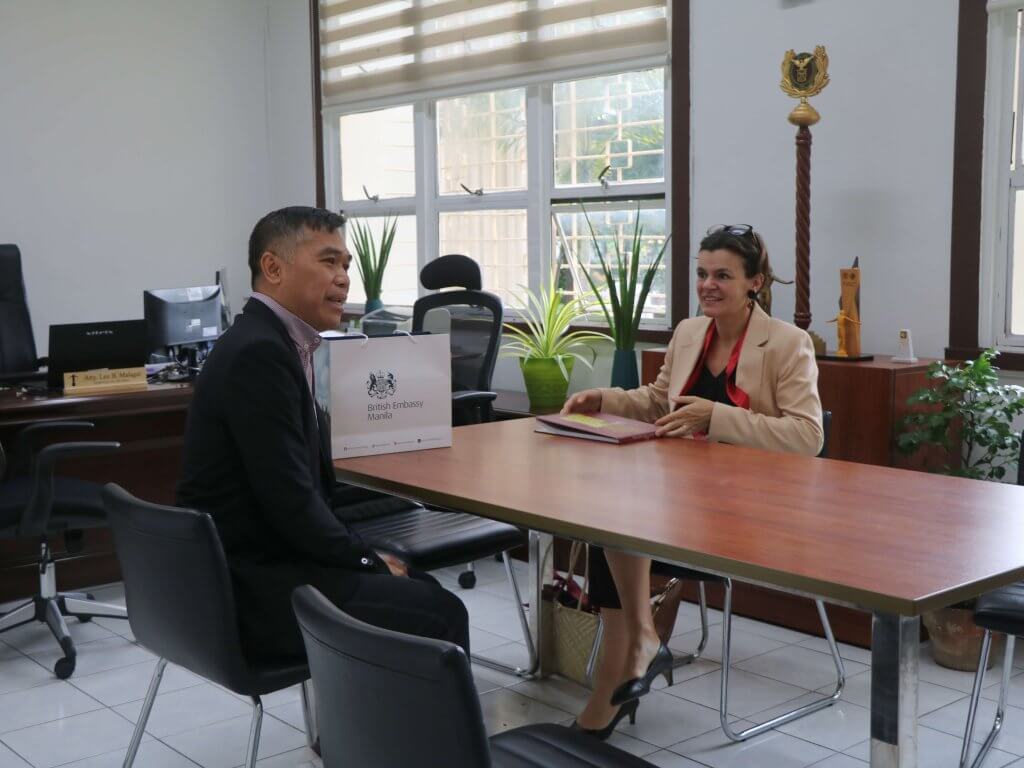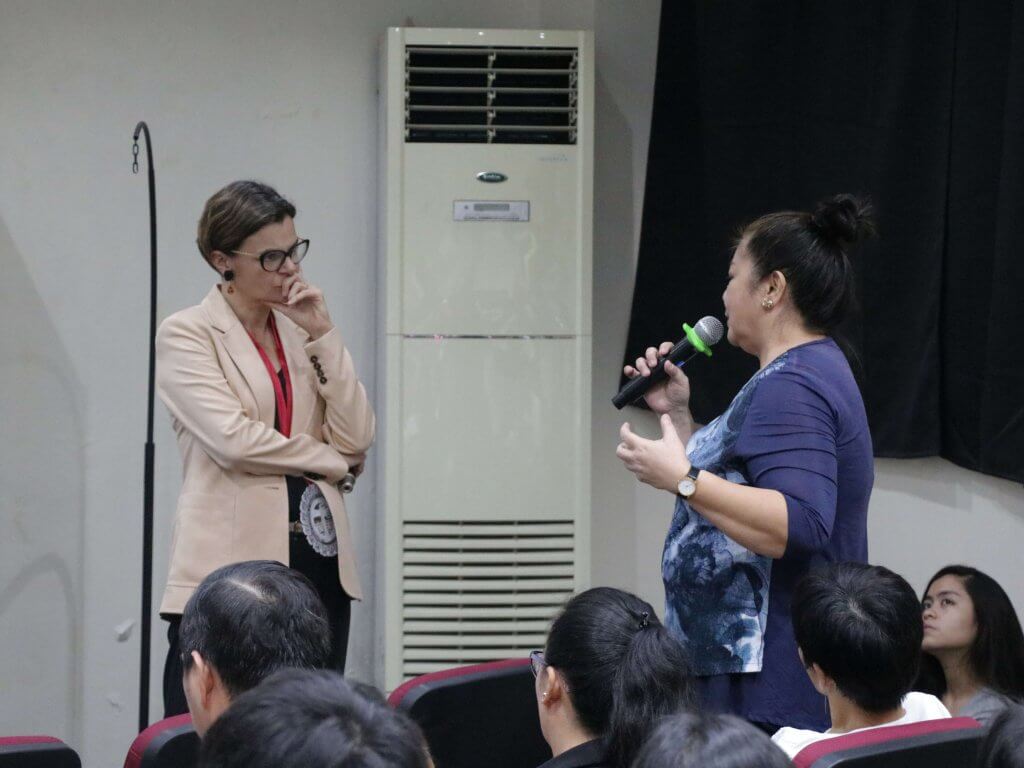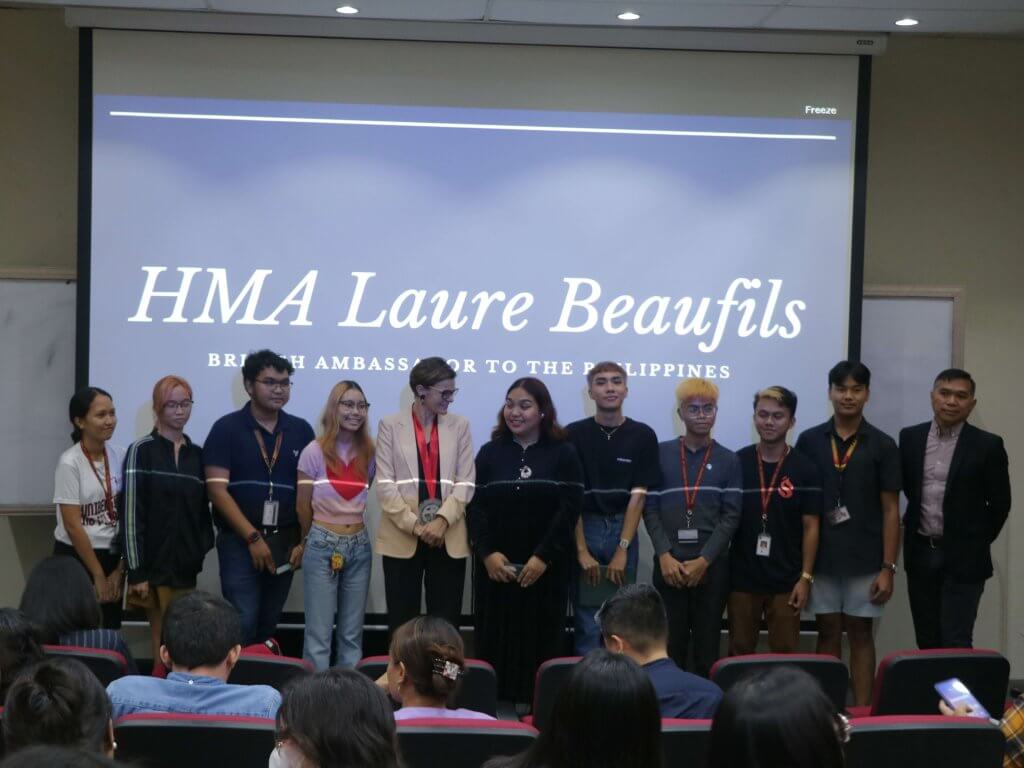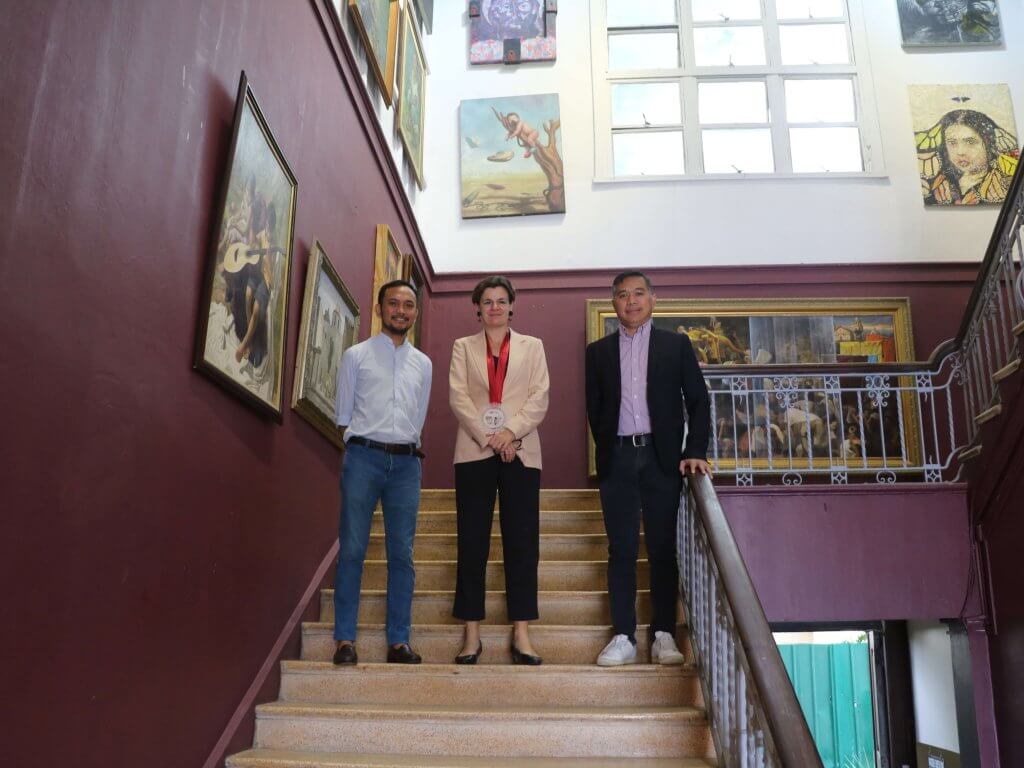British Ambassador to the Philippines, Laure Beaufils
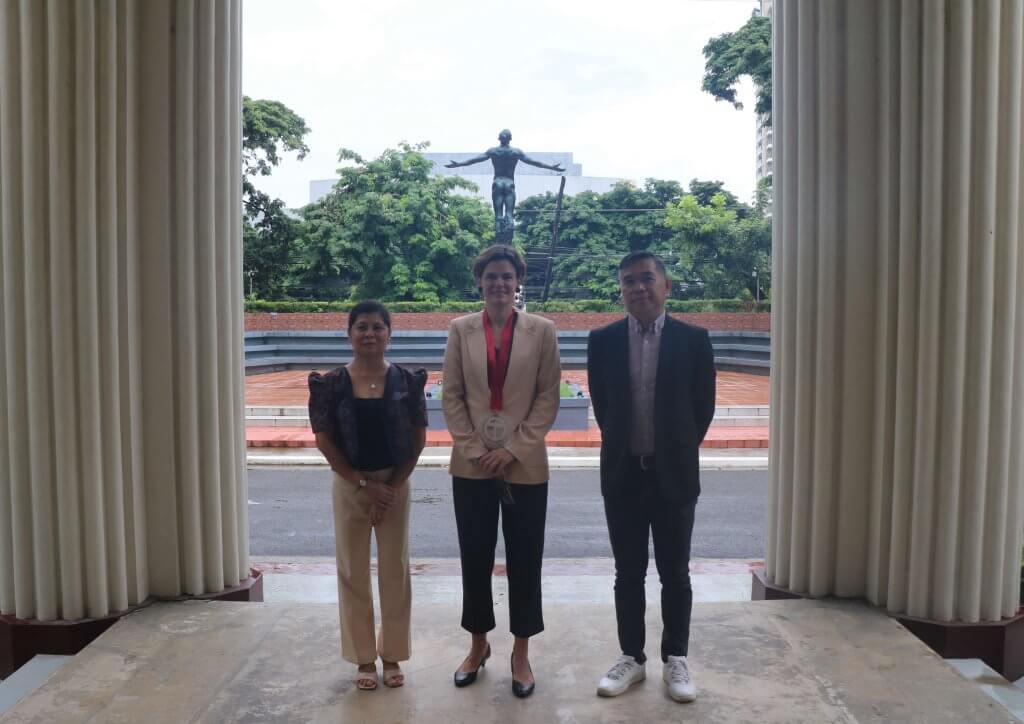
Journalism in the United Kingdom has a long and proud history. It underpins our democracy. As long ago as 1863, Britain had 1,000 newspapers. The media has played an integral role in reflecting and shaping British society. From the growth of the press in the 19th century which coincided with social reform and millions of people winning the right to vote, to coverage of the UK Parliamentary expenses investigation, the media has provoked some of the toughest conversations our society has had. Despite this history, protecting media freedom in the UK has not been without its challenges. As is the case elsewhere, too many journalists currently working in the UK do not feel safe from threats, abuse and physical harm.
We continue to uphold media freedom as democracy can only truly thrive with a free press. Underneath this lies a fundamental principle: that a journalist, whatever their persuasion, can do their job to the best of their ability, without fear or favour. And the press needs readers who expect, and who demand, a truly independent and unbiased free media. Readers like you.
The free market of ideas, of criticisms, of unravelling hidden issues, can be kept alive and safeguarded by a vigorous press. Often, consensus is built around the discourses that emerge in public – and that begins with a question when one has the courage to ask it. This results in policy and a collective understanding that this is the approach that we are taking, not only because it is needed, but because it is the right thing to do. In all of this, we rely on and trust our journalists and media practitioners to ask the right questions.
But they cannot truly discharge this important duty if the environment in which they operate prevents them from doing so. This is where our contribution is pivotal. Support for media freedom and protection for journalists is integral to enabling them to do their jobs effectively. This framework can only really work if each one of us does our own part. We must stand strong with the recognition that any attack on the press amounts to an attack on citizens’ rights.
The UK is committed to ensuring that journalists are able to do their jobs without fear of retribution or fear for their lives, both at home and around the world. Journalism is enabled by freedom of expression – a fundamental human right – and the UK defends this right. With Canada we hosted the global media freedom conference in London in July 2019 at which we co-founded the Media Freedom Coalition. 50 countries now work together to shine a spotlight on this critical issue. We use our voices to raise media freedom on the international stage. We work with other countries, and learn from them, to address threats to media freedom at home and abroad.
The UK also recognises that this approach requires the action of all, and that promoting and protecting media freedom is not just the journalists’ burden to bear. This is why we set up the National Committee for the Safety of Journalists with the goal of ensuring journalist safety in the UK and why we launched a National Action Plan for the safety of journalists in March 2021. The National Committee coordinates work across key partners involved in the protection of journalists’ safety including police and prosecuting authorities, the government, industry and civil society groups.
The British Embassy in Manila continues to engage with and support stakeholders for the decriminalisation of libel and the implementation of the Philippine’s own Plan of Action on the Safety of Journalists. Annually, the UK hosts the Media Freedom Reception. The Embassy also monitors cases of trials involving journalists. We also support projects in partnership with local civil society organisations: for example we have supported projects that address COVID-related disinformation and that conducted digital safety training for women journalists.
Securing lasting and meaningful action to improve media freedom and the safety of journalists requires collaboration from all quarters. This includes recognising the value of journalism education, equipping students with skills on how to ask hard questions, discern truth and to value facts. These are qualities that shape informed citizens. And student journalists, like professional journalists, provide an essential public service to their communities. They should be recognized for the crucially important service they provide.
As the UK, we will continue to work with our partners at home and overseas, to help promote a respectful, open, and forward-looking media system, underpinned and safeguarded by effective regulation. Together, we can make the space for our journalists wider, and our democratic spaces safer and more robust.
